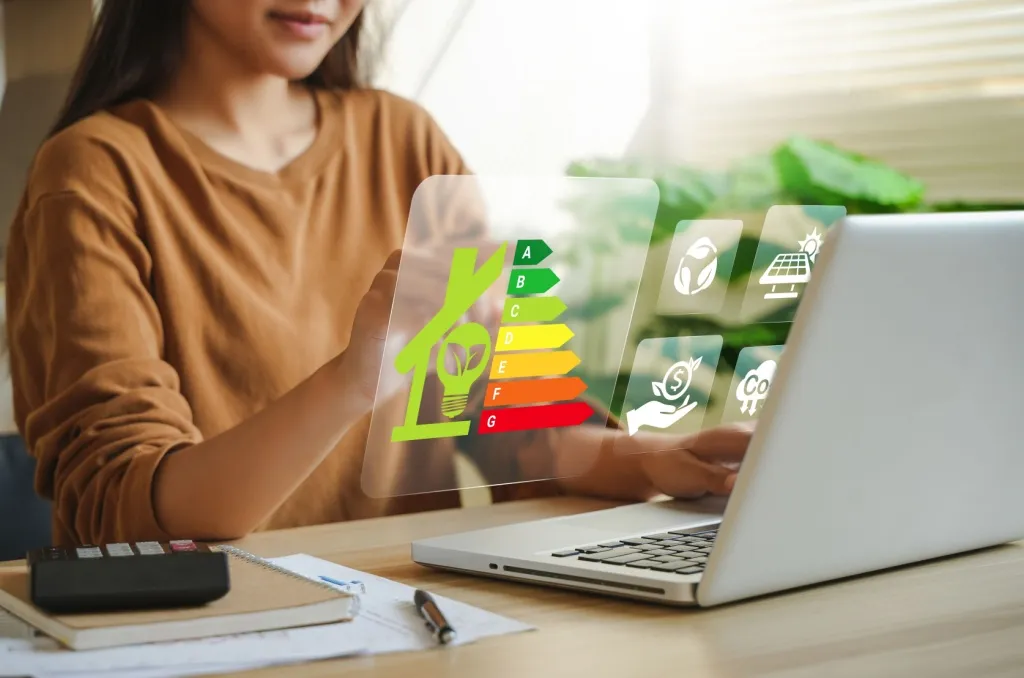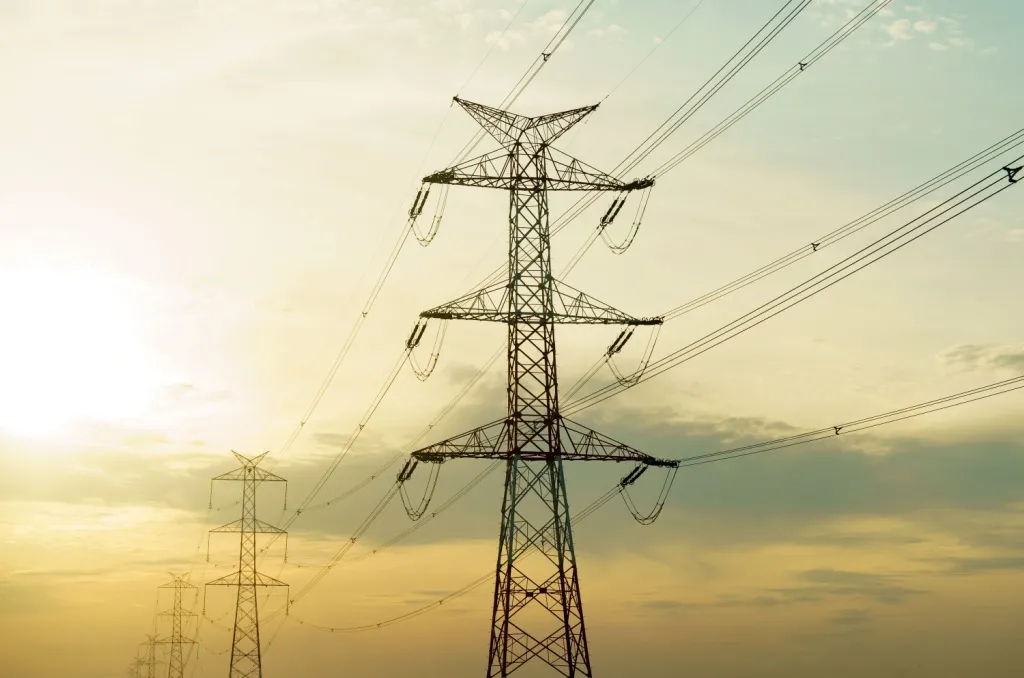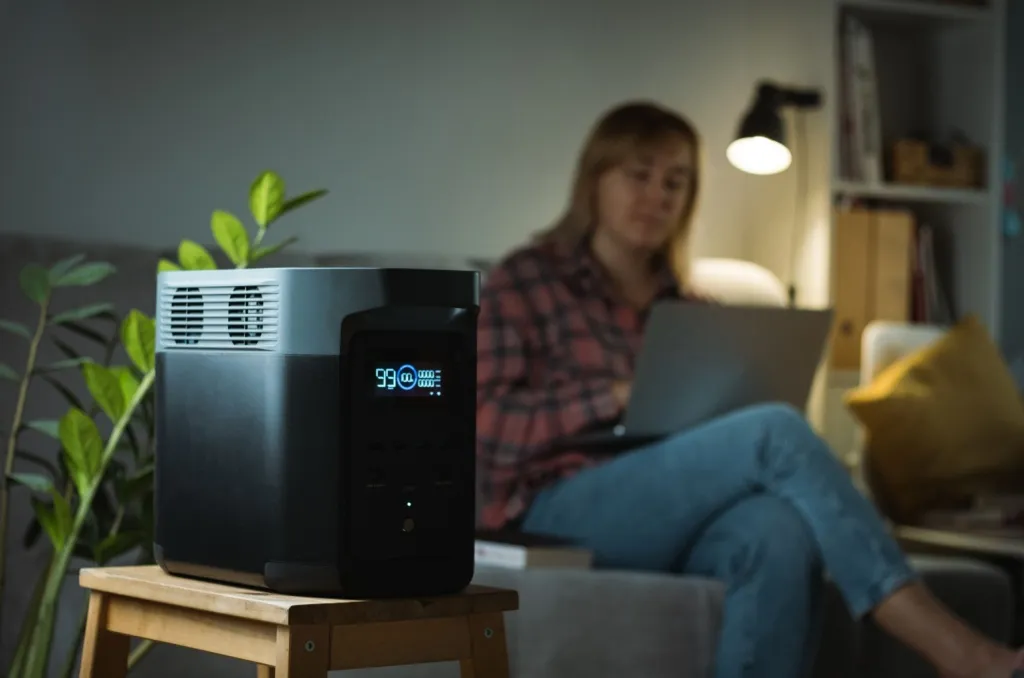If you’ve ever walked around your apartment wondering whether you should unplug your coffee maker, phone charger, or TV when you’re not using them, you’re not alone. It’s a common question, especially for renters trying to lower bills or live a little greener.
So, does unplugging appliances save electricity? Generally, it can. But how much you save depends on what you’re unplugging, how often, and what kind of lifestyle you have. Let’s break it down so you can decide whether it’s worth the effort for you.
What is phantom power?
Ever wonder why your electric bill is still kind of high, even when everything’s turned off? The answer might be phantom power, also known as vampire energy or standby power. That’s the power that appliances and electronics use when they’re plugged in, but not actively being used.
Even if your TV is off or your charger isn’t in use, it could still be drawing electricity. Devices with remotes, standby modes, or even a small glowing light are often still using power — subtle signs that electricity is still flowing.
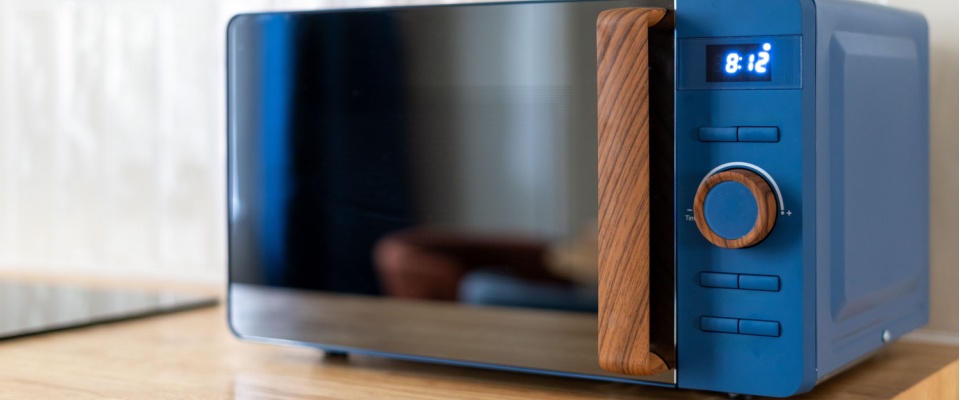
According to energy experts, phantom power can make up around 5% to 10% of your total electricity use. That may not seem like much at first, but it can easily add up over time.
So, if you’re asking yourself whether unplugging appliances can save electricity, the answer is yes; cutting out phantom power is one of the easiest ways to start saving.
What’s wasting the most power?
Although not all plugged-in devices use a lot of electricity, some are bigger culprits than others. If you’re trying to figure out, “Does unplugging appliances save electricity?,” these are the standby power-wasters in most apartments:
- Cable boxes & streaming devices
- Game consoles
- TVs
- Microwaves with digital displays
- Phone and laptop chargers
- Sound systems
Each of these might only use a small amount of electricity on their own, but combined, they can add up to a surprising amount of electricity waste.
If you’re looking to cut back, these are great places to start. Try unplugging when they’re not in use, or use a power strip to shut multiple devices off at once. A good rule is that if you’re not using it daily, you should unplug it. The more of these you tackle, the more electricity you’ll save.
Don’t worry about devices that need to stay on, like your fridge or Wi-Fi router. Focus on the little devices that quietly keep sipping power without doing much for you.
How much could you save?
Unplugging everything in your place won’t make you rich, but it could save you a decent amount of money over time. Most renters may save around $50 to $100 per year, depending on how many devices they unplug regularly.
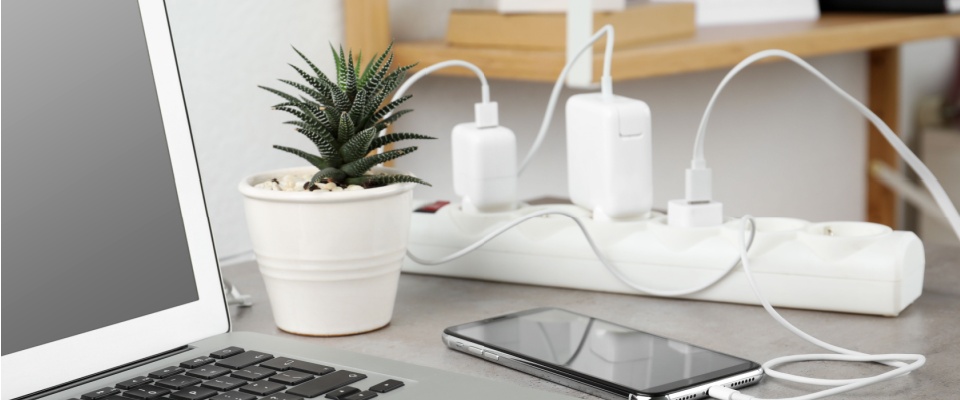
This means that unplugging your electronics may not instantly slash your power bill in half, but it can give you enough savings to cover a few lattes or a streaming subscription.
Make it easy on yourself
Unplugging can sound like a hassle, but there are a few simple ways to make it easier:
- Plug related devices into a single power strip and switch it off when they’re not in use. It’s a simple way to save money, and also safer.
- Schedule smart plugs to turn off automatically or control them with your phone.
- Set routines. For example, before leaving for work or going to bed, take 30 seconds to unplug what you don’t need.
- Once your device is fully charged, unplug the charger too, not just your phone.
What about smart home devices?
Smart speakers, security cameras, and other connected devices usually need to stay plugged in to do their jobs. If you’re using smart tech, don’t worry too much about those unless you leave town for a while.
Don’t forget to check your device settings. Many smart plugs and appliances let you schedule power use or switch to ultra-low-power modes. That can help reduce the pull without sacrificing convenience.
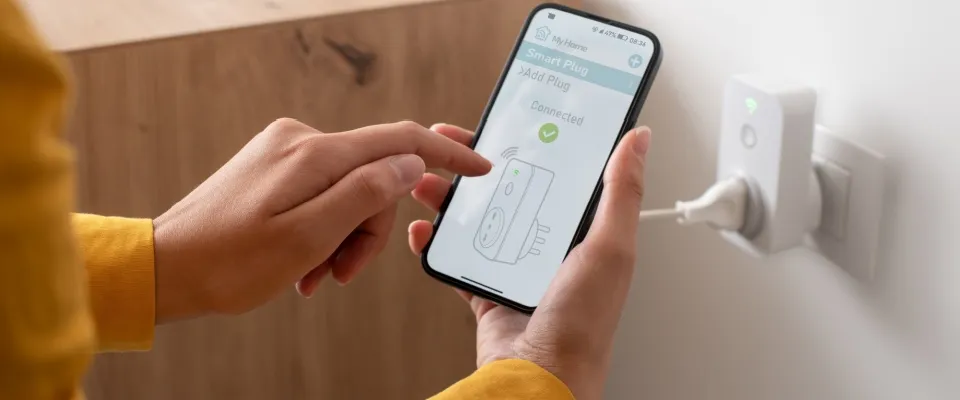
Does unplugging appliances save electricity?
Yes, especially over time. While unplugging one device might not make a significant difference, unplugging several can lead to real savings on your electric bill. If you’re renting and trying to save money or just be more energy-conscious, it’s a smart habit to build. It also costs nothing and requires zero tools.
So, the next time you walk out the door or head to bed, take a quick look around. If something’s plugged in and you’re not using it, unplug it. You can start small by unplugging chargers or flipping off power strips. It’s a small move that can make a big difference over time.
Unplug, save, repeat. You’ve got this.


